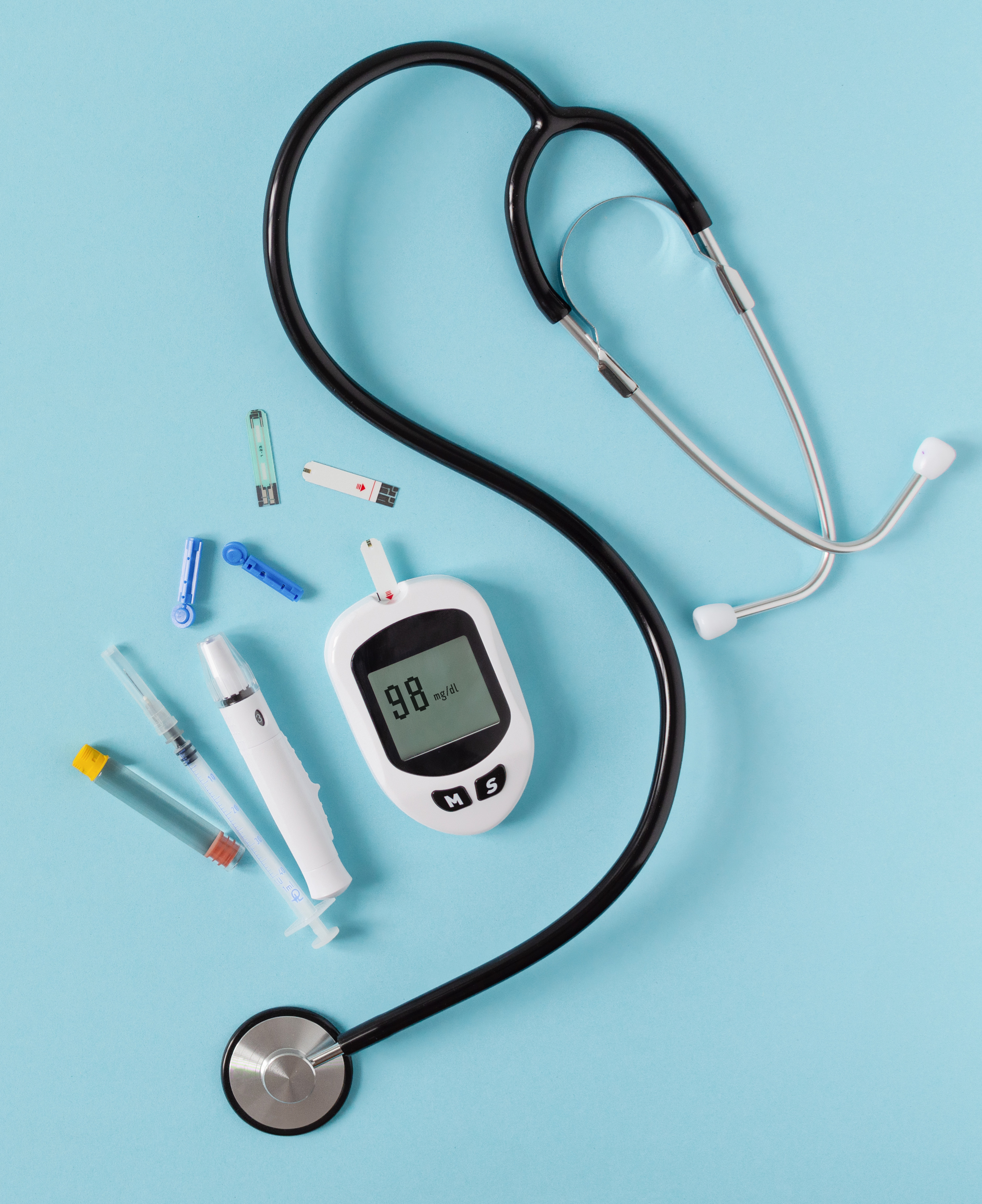What is HEDIS?
The acronym HEDIS stands for Healthcare Effectiveness Data and Information Set and according to the National Committee for Quality Assurance (NCQA), is the most widely used set of performance measures in the managed care industry. HEDIS is a tool consisting of over 90 measurements utilized to compare health plan quality across the nation and is a requirement to be an accredited health plan. The accreditation seal assures members/patients that they are being cared for by both a quality health plan and quality providers.
For more information about HEDIS, please visit the following NCQA website: NCQA.org/hedis/ or reach out to our Clinical Quality team at ClinicalQualityNV@uhc.com.
Provider Resources for Understanding Quality
Providers are vital to helping maintain accreditation status and ensuring quality care is delivered. By educating patients on the importance of cancer screenings, managing chronic conditions, addressing behavioral health matters, etc. providers are directly impacting the HEDIS rates.
Below are several resources to assist with the application of HEDIS metrics and gap closures. The UnitedHealthcare Quality Reference Guide is a detailed overview of the HEDIS measures with measure descriptions and details, coding recommendations and actionable takeaways. The Adult Provider Resource Guide and Pediatric Provider Resource Guide are a 1-page snapshot of key measures and actions. These materials are updated annually or as changes are implemented.
Below is a breakout of key priority measures along with measure resources and supplemental information.

- Glossary of HEDIS terms
- Pediatric Provider Resource Guide
- Adult Provider Resource Guide
- Disease Management
- Coding Tool MY2023
- Clinical Quality Nurse Visit Flyer
- Primary Care Physician Change Request Form
- HEDIS® Measures Medicaid page
- Record of Vaccine Declination
- Antibiotic Adherence Member Material
- Transitioning to Adulthood page
- Member Contraceptive Survey Flyer
Social Determinants of Health (SDOH)
Online Provider Center
Sign in to the online provider center. If you have any questions, please review the online provider center tutorial, email ProvideradvocateTE@uhc.com or call 702-242-7088.

Adult Measures
- Avoidance of Antibiotic Treatment in Adults with Acute Bronchitis (AAB)
- Adult Access to Preventive and Ambulatory Health Services (AAP)
- Adult Immunization Status (AIS-E)
- Controlling high Blood Pressure (CBP)
- Colorectal Cancer Screening (COL-E)
- Appropriate Testing for Pharyngitis (CWP)
- Use of Imaging Studies for Low Back Pain (LBP)
- Statin therapy for patients with cardiovascular disease (SPC)
- Appropriate Treatment for Upper Respiratory Infection (URI)

Pediatric Measures
- Appropriate Treatment for Upper Respiratory Infection (URI)
- Childhood Immunization Status (CIS-E)
- Appropriate Testing for Pharyngitis (CWP)
- Immunizations for Adolescents (IMA-E)
- Well-Child Visits in the First 30 Months of Life (W30)
- Child and Adolescent Well-Care Visits (WCV)
- Weight Assessment and Counseling for Nutrition and Physical Activity for Children/Adolescents (WCC)
Resources

Behavioral Health Measures
- Antidepressant Medication Management (AMM)
- Initiation and Engagement of Substance Use Disorder Treatment (IET)
- Metabolic Monitoring for Children and Adolescents on Antipsychotics (APM-E)
- Diabetes Screening for People With Schizophrenia or Bipolar Disorder Who Are Using Antipsychotic Medications (SSD)
- Follow-Up After Emergency Department Visit for Mental Illness (FUM)
- Follow-Up After Emergency Department Visit for Substance Use (FUA)
Behavioral Health Handouts
- De-escalating a child in crisis
- Supporting a child after psychiatric care or hospitalization
- Medical necessity handout
CAHPS®
Health plans conduct a member satisfaction survey called the Consumer Assessment of Healthcare Providers and Systems (CAHPS). CAHPS is a member survey that gauges satisfaction with services provided by the health plan as well as member perception of provider accessibility, the patient-physician relationship and provider communication. This survey is conducted annually and results are then compared with national benchmarks.
How can providers help?
- Open the lines of communication with your patients. Communicate thoroughly and in a way they can understand.
- Listen to your patients and make sure they understand what you have discussed/ordered, etc.
- Submit referrals and obtain authorizations as appropriate.
- Be aware of patient wait times and limit them when possible.
- Encourage preventive measures such as influenza and pneumococcal vaccines.
For further information on HEDIS, please see the details in the UHC Quality Reference Guide or feel free to reach out to the Clinical Quality team at ClinicalQualityNV@uhc.com.



